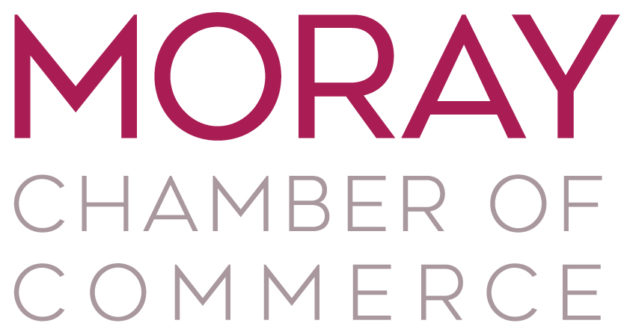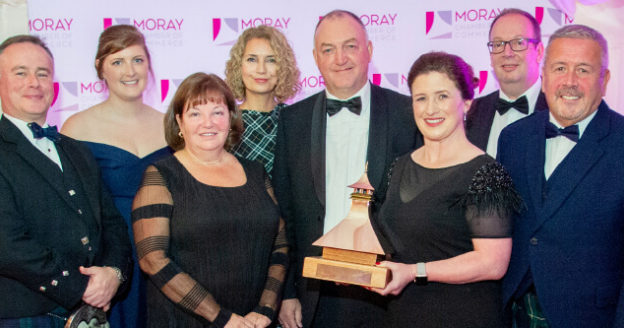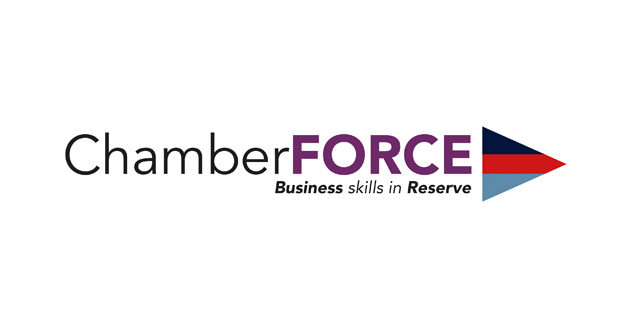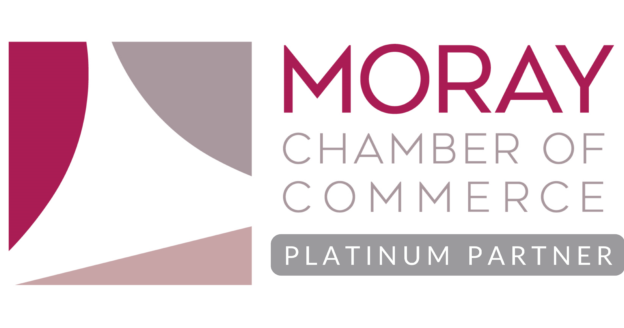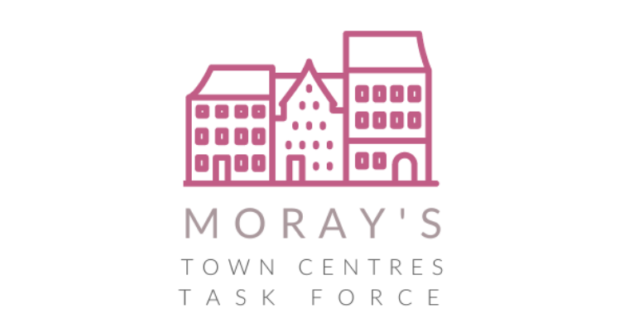Chamber News
Self Assessment
3 November 2022 • Sarah Medcraf
HM Revenue and Customs (HMRC) is reminding Self Assessment customers that they must declare COVID-19 payments in their tax return for the 2021 to 2022 tax year.
More than 2.9 million people claimed at least one Self-Employment Income Support Scheme (SEISS) payment up to 5 April 2022. These grants are taxable and should be declared on tax returns for the 2021 to 2022 tax year before the deadline on 31 January 2023.
The SEISS application and payment windows during the 2021 to 2022 tax year were:
- SEISS 4: 22 April 2021 to 1 June 2021
- SEISS 5: 29 July 2021 to 30 September 2021
SEISS is not the only COVID-19 support scheme that should be declared on tax returns. If customers received other support payments during the 2021 to 2022 tax year, they may need to report this on their tax return if they are:
- self-employed
- in a partnership
- a business
Customers can check which COVID-19 grants or payments they need to report to HMRC on GOV.UK. This applies to payments received during the 2021 to 2022 tax year.
Help and support is available on GOV.UK for those completing their Self Assessment tax returns. There is also a series of videos on YouTube.
The free and secure HMRC app can be used to make Self Assessment payments. Alternative payment options include:
- paying through PAYE tax code (subject to eligibility)
- paying via online banking
Those who are unable to pay their tax bill in full can access the support and advice that’s available on GOV.UK. HMRC may be able to help by arranging an affordable payment plan, known as a Time to pay. Customers should try to do this online, go to GOV.UK for more information. Alternatively, they can contact the helpline.
All Self Assessment customers need to be alert to the risk of criminals emailing, calling or texting claiming to be from HMRC. Scams come in many forms - some threaten immediate arrest for tax evasion, others offer a tax rebate. Contacts like these should set alarm bells ringing and HMRC advises customers to take their time and check scams advice by searching for ‘HMRC scams’ on GOV.UK. HMRC also urges customers never to share their HMRC login details. Someone using them could steal from the customer or make a fraudulent claim in their name.





